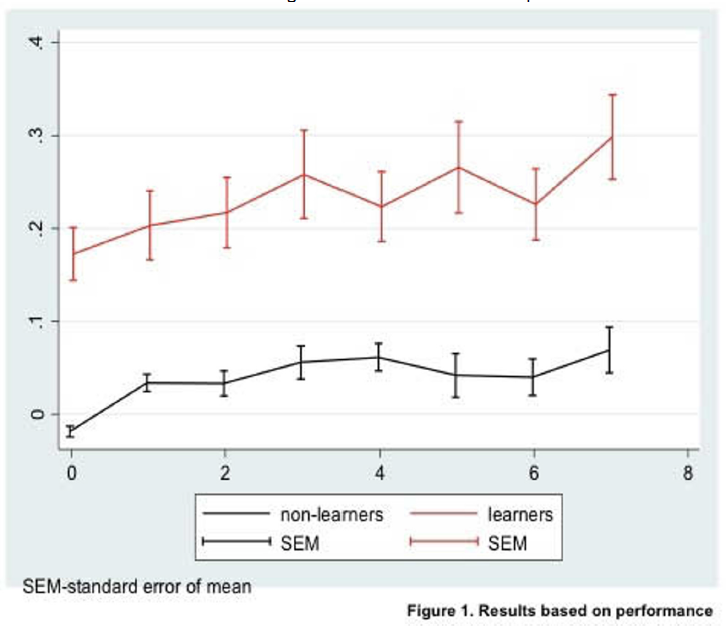No CrossRef data available.
Article contents
Why Are Cognition Studies in Schizophrenia Failing?
Published online by Cambridge University Press: 15 April 2020
Abstract
Cognitive impairments are common in schizophrenia and impact disproportionately on real world functioning. Our current antipsychotic-medications do not offer any significant benefit for cognitive deficits. Psychological approaches have some positive-effects but require an integrated psychological and occupational focus to optimise cognitive performance, which has been difficult to implement in routine clinical-practice. Contemporary novel investigational drugs trialled in schizophrenia have failed to show any significant benefit for cognitive-symptoms;despite showing promise in earlier phase-2-studies(Goff-et-al.,2011;Choi-et-al.,2013). Recent data has suggested that there may be a subset of patients responding to interventions to improve cognitive performance(Vercammen-et-al,2011;Murthy-et-al,2012).
We review the literature and use our own cognitive-training-data to examine how one might define this group, and propose a methodology for future clinical-studies of cognition in schizophrenia, predicated on the use of adaptive-designs incorporating subtyping into the fabric of the studies.
To categorise schizophrenia patients according to baseline performance and to investigate if this differentiation will predict their response to cognitive training(CT).
47 schizophrenia-patients were recruited and classified in'learners'and'non-learners'based on learning-performance on day1-baseline-assessment measured by Mathew´s-correlation-coefficient and completed CT. We used multilevel-regressions to investigate differences between the defined groups in learning.
According to MCC-performance at day-1(session two),24 participants were classified as'learners'and 23 as'non-learners'. We found significant-differences in response to CT-between the defined groups(p<0.0001).
Fig. 1
We were able to distinguish between responders/non-responders on baseline-assessment. Our results showed that CT-enhanced-performance in the 'learners-group'relative to'non-learners-group'. Trial-design needs to be adaptive to optimise outcomes in trials modifying cognitive-dysfunction-in-schizophrenia. One option would be to stratify the-sample on their early-baseline ability to respond to cognitive training-and to treat these cognitive-responders with medication and non-responders with an enhanced-programme of psychological-and-occupational-therapy.
- Type
- Article: 1228
- Information
- European Psychiatry , Volume 30 , Issue S1: Abstracts of the 23rd European Congress of Psychiatry , March 2015 , pp. 1
- Copyright
- Copyright © European Psychiatric Association 2015





Comments
No Comments have been published for this article.